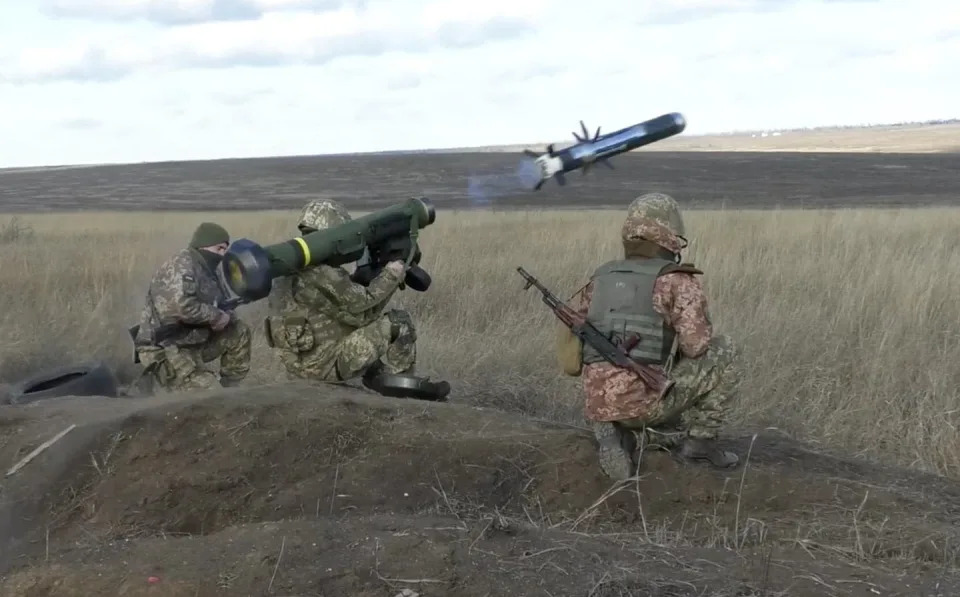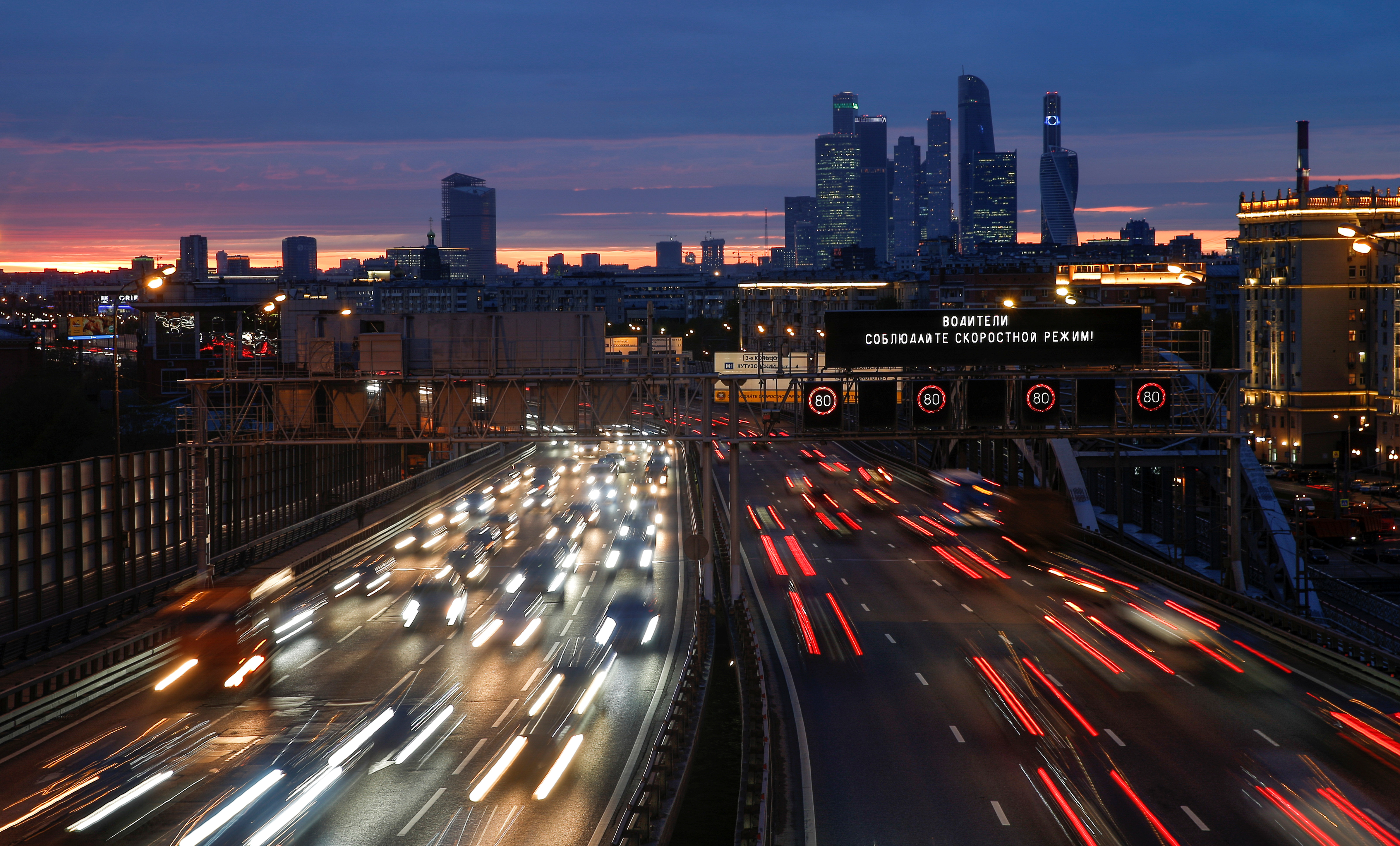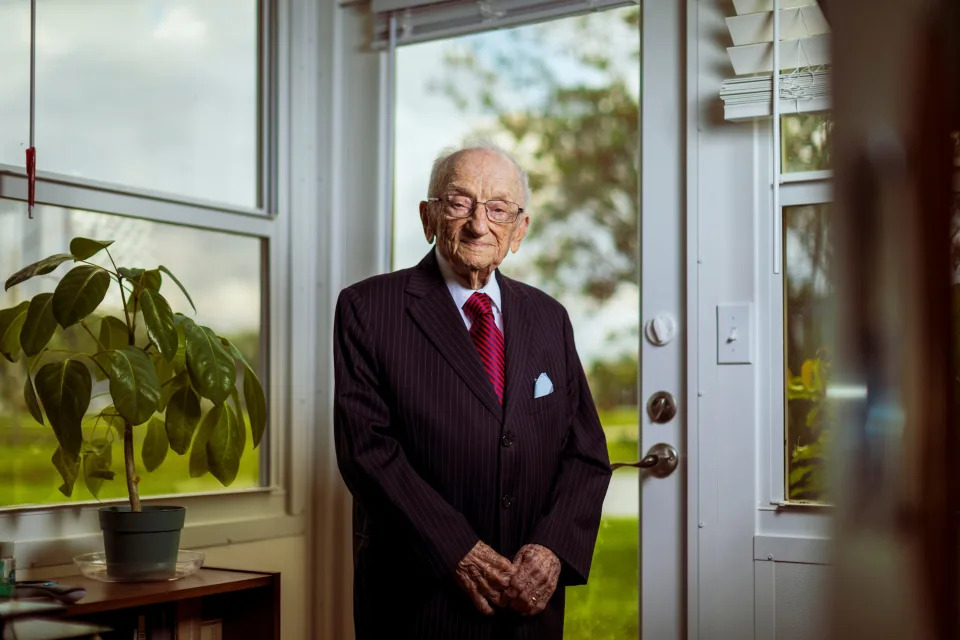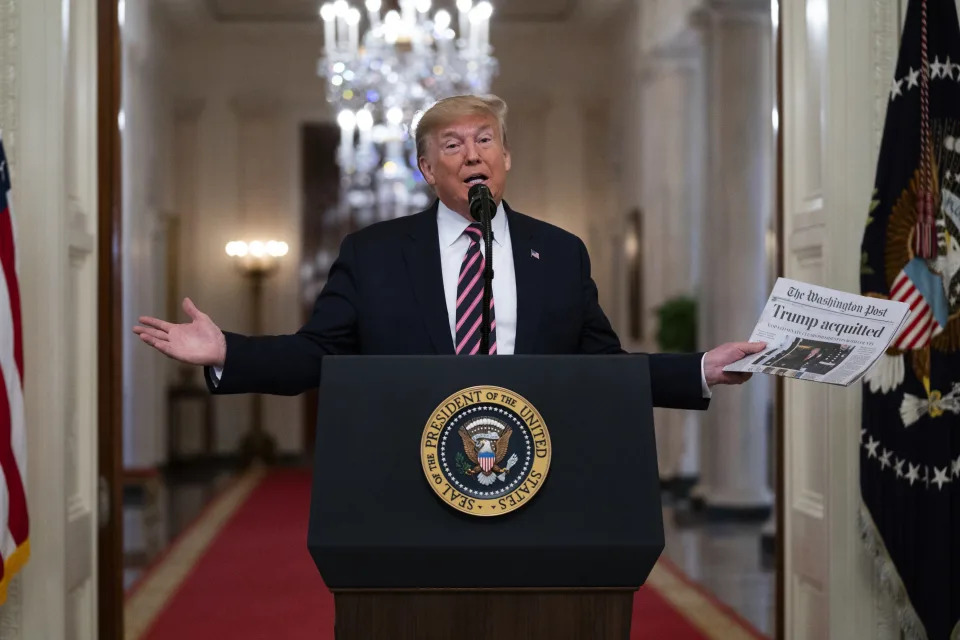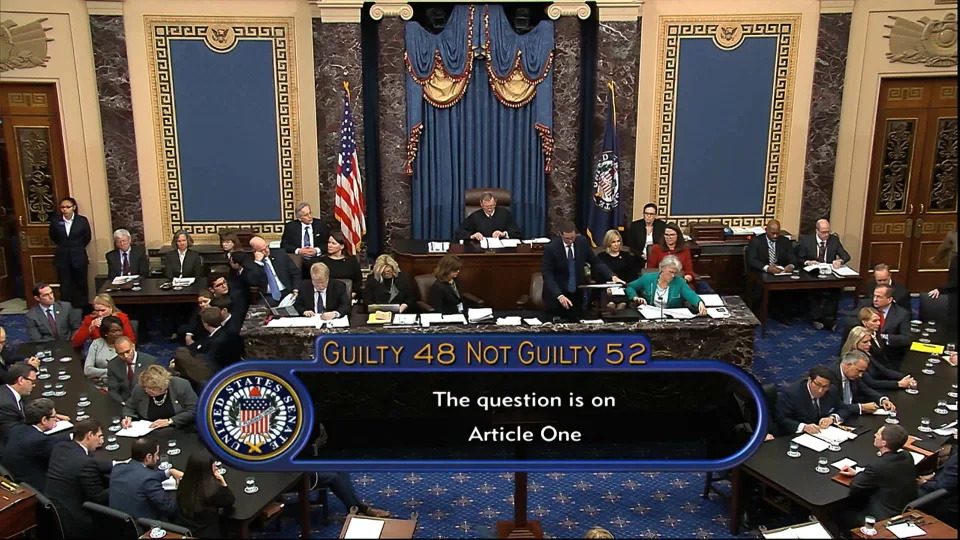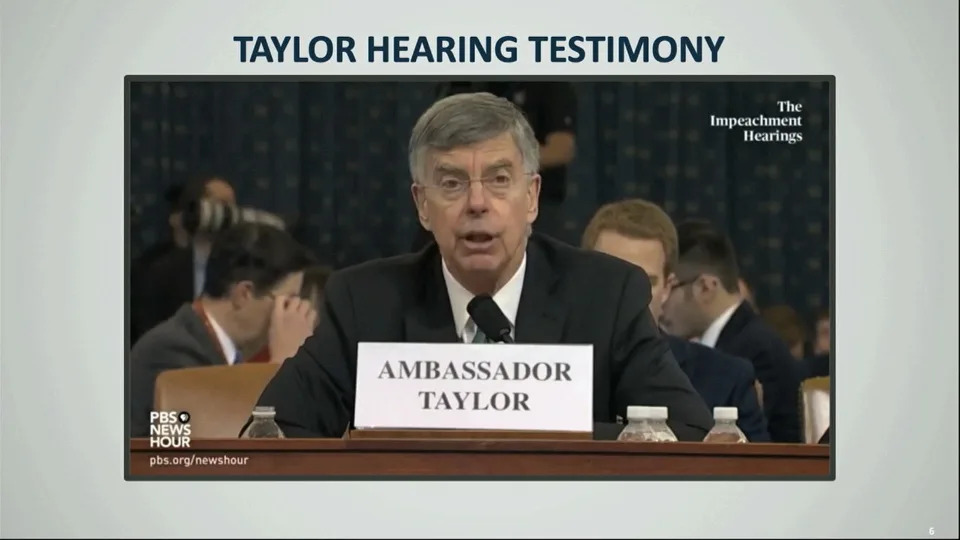The New Voice of Ukraine
Severodonetsk becomes a huge mass grave for Russian army and Kadyrovites
June 7, 2022

International observer Ivan Yakovina shared with Radio NV on June 6 what happened on the Luhansk axis over the past week, and how Russians have reacted to these developments. The following is an edited transcript of his briefing.
Read also: Russia may establish control over Luhansk Oblast in next two weeks, US think-tank says
According to Yakovina, the political leadership of Russia, namely Vladimir Putin, demands the capture of both Lysychansk and Severodonetsk in order to declare his full control over the Luhansk Oblast. In fact, Lysychansk and Severodonetsk make up — in his opinion — 10% of the entire region. The rest of the territory has been captured.
Putin needs a propaganda win, and therefore he wants his army to capture Lysychansk and Severodonetsk as soon as possible.
Since their encirclement (of Ukraine’s Joint Forces Operation) failed, Russia threw all its troops into a frontal assault, first on Severodonetsk.
This attack was quite successful. A few days ago, it was announced that 70-80% of Severodonetsk was captured, that the Ukrainian army was retreating, that it was evacuating across the Siverskyi Donets River to Lysychansk.
On June 4, reports began to appear that everything was not as bad as it seemed. And the day after, it became clear that the Ukrainian army had prepared an ambush there.
Read also: Russians continue assault on Severodonetsk, carry out airstrike on Lysychansk – regional governor
Ukrainian troops had prepared for the siege of Severodonetsk for a very long time, and roughly understood in which directions the attackers would go, they prepared — maybe they laid mines, maybe they set up ambushes.
The attackers were allowed into the city, and then this trap was snapped shut – and there they were all killed, and annihilated.
At first I didn’t really believe in this story, I thought it sounded too good to be true. However, I read [former FSB colonel, terrorist] Igor Girkin (Strelkov), and he says that the Ukrainian counter-offensive in Severodonetsk is indeed successful and developing. He said, “I don’t want to talk about the scale of the problems.” Obviously, the scale is quite serious.
Read also: Lysychansk 60% destroyed, says military administration head
Now the Russians are retreating from Severodonetsk in a panic. The Kadyrovites (the personal troops of Chechen warlord Ramzan Kadyrov) are suffering heavy losses because they were let in for the first time… It was so important for Putin to capture Severodonetsk that he even let the Kadyrovites, whom he usually does not risk, who usually shoot only video clips — he let them fight. They suffered enormous losses there.
Generally speaking, it was a crushing defeat for the Russian army there.
Read also: Ukrainian forces launching effective counterattacks in Severodonetsk, US think tank says
Interestingly. Girkin said on June 5 that the “mopping up” of Severodonetsk was coming to an end, but now — “no, no, no.” He claims that the counter-offensive in Severodonetsk was organized by Polish and American troops. He claims: “It was Polish, American speech on the air.”
They cannot believe that the Ukrainians can organize such a serious offensive. They decided that it would not be so shameful for them to say that it was the Americans who annihilated them. Why would there be so many Americans? Of course, these are Ukrainians.
However, the fact remains that in urban conditions, the Ukrainian counterattack in Severodonetsk is going very well.
I don’t know what will happen next. I think that at some stage Severodonetsk will still have to be abandoned because it is located on the left bank of the Siverskyi Donets. It is really difficult to defend it, especially when the bridges are broken; it is very difficult to send reinforcements there. Therefore, I think that it will have to be left in order to save the army.
But considering that the garrison in Severodonetsk let the Russian troops along with the Kadyrovites have it with both barrels, because they were defeated there — this sounds very cool. Let’s hope it’s all true.
Read also: Ukrainian Army controlling Severodonetsk industrial zone, fighting underway, says Luhansk governor
The very fact that Severodonetsk has become a huge mass grave for the Russian army cannot but arouse some interest. An absolutely amazing, heroic story.
Here we see one very important nuance. Where the advantage of the Russian Federation dwindles in artillery, where artillery is not so important (artillery is used less in urban conditions, because you can hit your own people, and Russian artillery is not very accurate), the ability to conduct combat operations in urban conditions becomes important — with a machine gun, pistol, grenade launcher.
Read also: French journalist killed after evacuation vehicle in Luhansk Oblast comes under Russian fire
Under these conditions, we see that the Ukrainians are much more successful than the Russians. The Russians retreat and scatter.
This is important because with American supplies of artillery, the Russian advantage in it will soon come to naught. I think that will take a couple of months. And then a serious war will begin: soldier against soldier in settlements where the invaders stand no chance.


